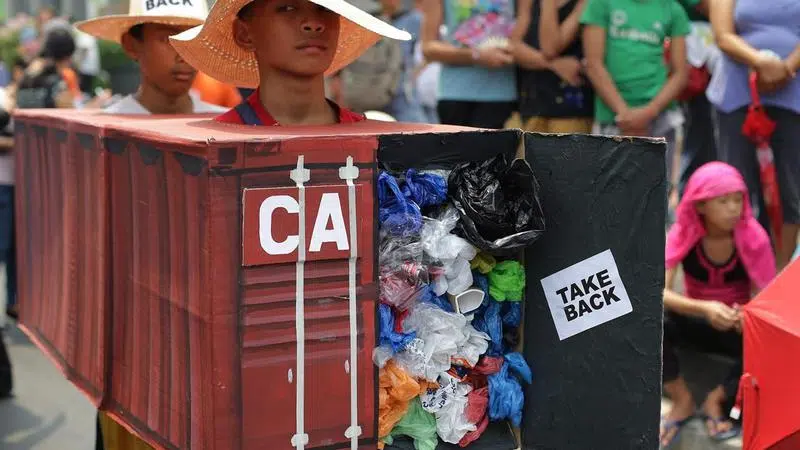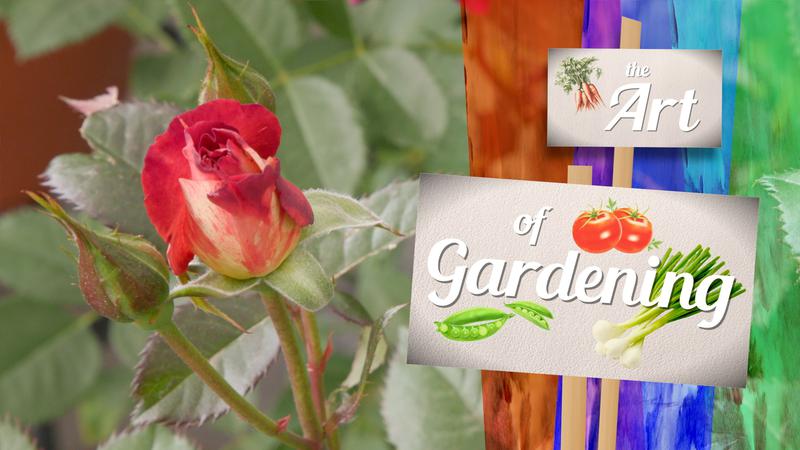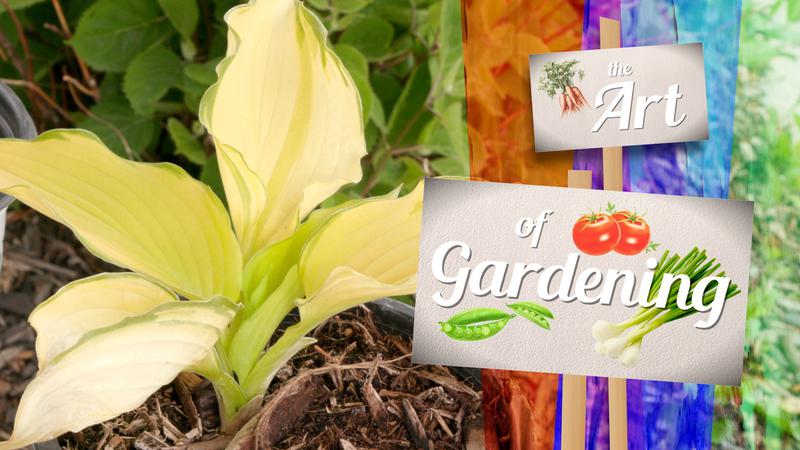
CHARBONNEAU: Recycling is broken
IT SEEMED LIKE A GOOD IDEA AT THE TIME: throw away stuff guilt-free because others can use it. Now it looks more like wishful thinking.
Manufacturers encouraged the scheme because they wouldn’t have to deal with the mess caused by excess packaging. We, the conscientious consumers would be left to handle the flood of plastic, glass, tins and cardboard.
We rose to the challenge, earnestly sorting our trash. If each of us would just recycle, we could lick this problem. In doing so, we let manufacturers off the hook. It’s a familiar shift of responsibility to consumers. If each of us drive smaller cars and turn off the lights we can reduce global warming.


